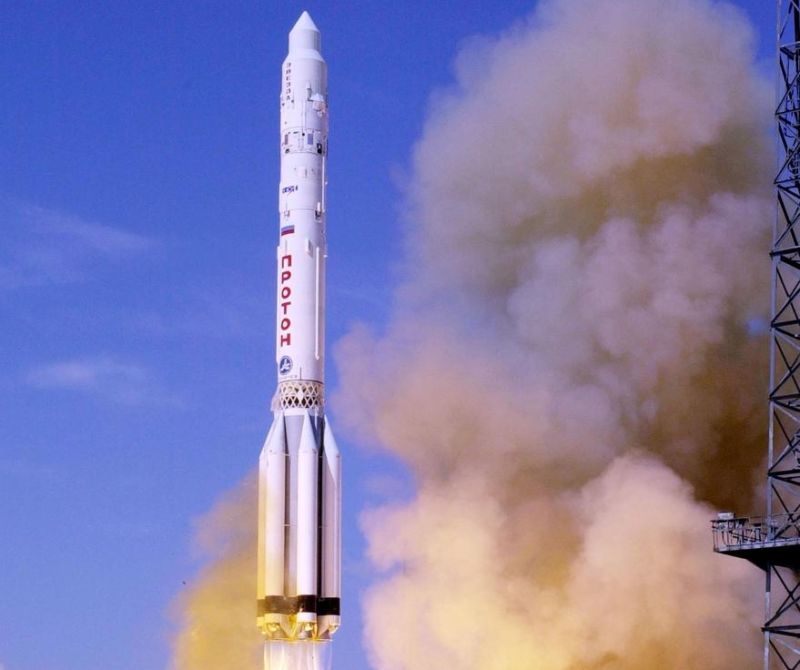Russia appears to have surrendered to SpaceX in the global launch market
Ars Technica » Scientific Method 2018-04-18

Enlarge / A Russian 3-stage Proton rocket blasts into the sky in 2000. (credit: NASA)
As recently as 2013, Russia controlled about half of the global commercial launch industry with its fleet of rockets, including the Proton boosters. But technical problems with the Proton, as well as competition from SpaceX and other players, has substantially eroded the Russian share. This year, it may only have about 10 percent of the commercial satellite launch market, compared to as much as 50 percent for SpaceX.
In the past, Russian space officials have talked tough about competing with SpaceX in providing low-cost, reliable service to low-Earth and geostationary orbit. For example, the Russian rocket corporation, Energia, has fast-tracked development of a new medium-class launch vehicle that it is calling Soyuz-5 to challenge SpaceX.
On Tuesday, however, Russia's chief spaceflight official, Deputy Prime Minister Dmitry Rogozin, made a remarkable comment about that country's competition with SpaceX.